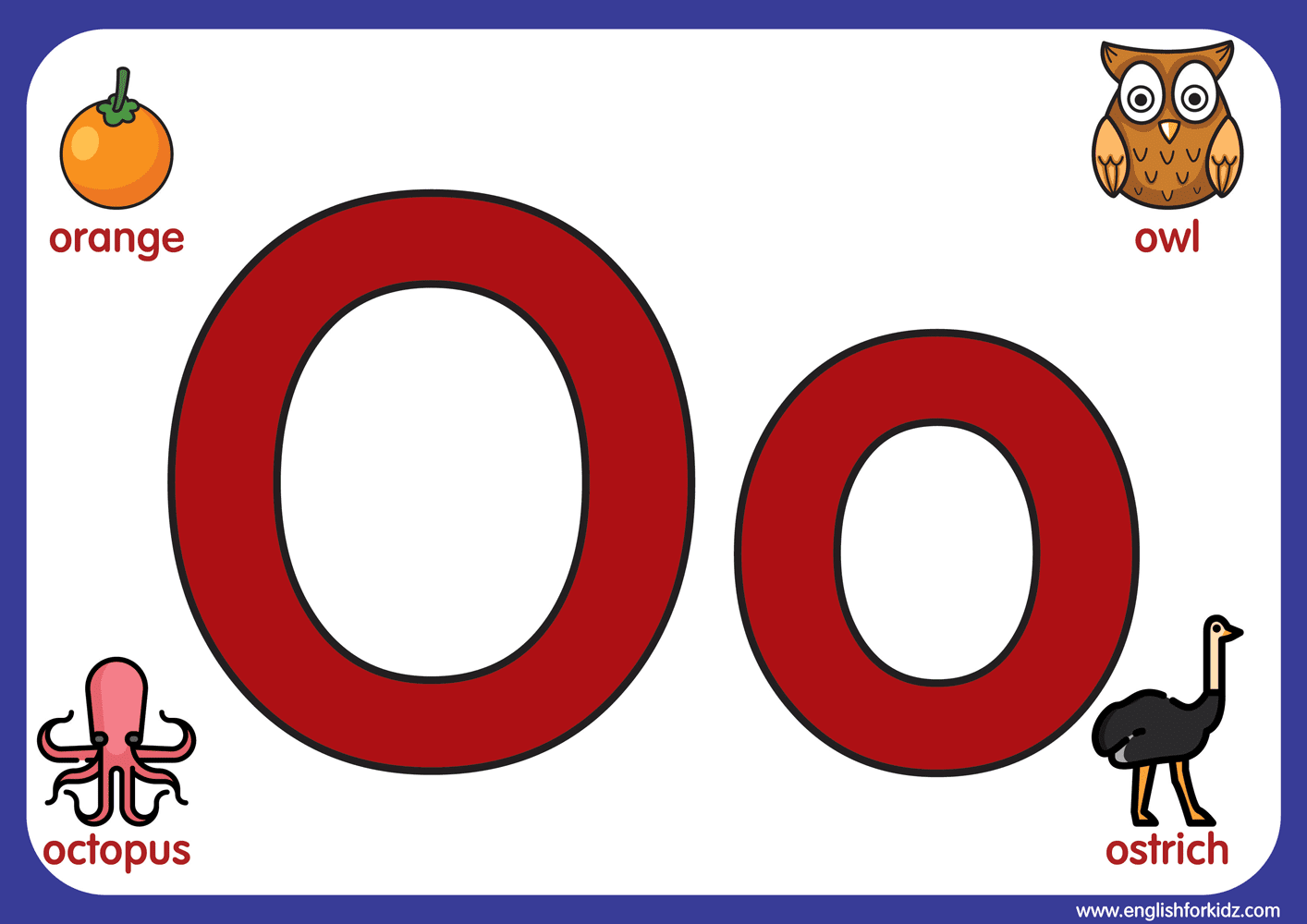O'Donnell: Trump Misunderstands War Victory – A Deeper Look
In the complex lexicon of war and peace, every symbol, every concept, carries immense weight. Consider the letter 'O' – a simple circle, yet one that can denote completeness, or conversely, a 'zero' sum, a void. It's this very duality, this profound misunderstanding of what constitutes true victory, that Lawrence O'Donnell frequently highlights in his critiques of Donald Trump's approach to conflict. O'Donnell, a seasoned political commentator and former legislative aide, consistently argues that Trump's view of war is simplistic, transactional, and fundamentally detached from the historical and human realities of armed conflict and its aftermath.
This article delves into Lawrence O'Donnell's perspective on why Donald Trump's understanding of "war victory" is flawed, examining the nuanced arguments O'Donnell presents. We will explore the historical context, the multifaceted nature of true victory beyond military triumph, and the long-term implications of a narrow, short-sighted view of conflict resolution. By dissecting O'Donnell's insights, we aim to provide a comprehensive understanding of the complexities inherent in defining and achieving peace after war, a topic of critical importance in global affairs.
Lawrence O'Donnell: A Brief Biography and Personal Data
Lawrence O'Donnell Jr. is a prominent figure in American political commentary, known for his sharp intellect, extensive legislative experience, and incisive critiques. His background as a former chief of staff for the Senate Committee on Finance and as an advisor to Senator Daniel Patrick Moynihan provides him with a unique insider's perspective on Washington D.C.'s intricate workings. This experience underpins his analyses, lending them a depth often missing in more superficial political discourse. He gained widespread recognition as the host of MSNBC's "The Last Word with Lawrence O'Donnell," where he frequently dissects political events, policy decisions, and the rhetoric of public figures, including former President Donald Trump.
His commentary on foreign policy and military engagement often draws on historical parallels and a deep understanding of geopolitical complexities, distinguishing his arguments from those focused solely on immediate headlines. O'Donnell's commitment to detailed analysis and his willingness to challenge conventional wisdom make him a significant voice in contemporary political debate, especially when discussing critical topics like the true meaning of war victory.
Personal Data:
| Full Name | Lawrence Francis O'Donnell Jr. |
| Born | October 26, 1951 (age 72 as of 2023) |
| Birthplace | Boston, Massachusetts, U.S. |
| Nationality | American |
| Education | Harvard College (A.B.) |
| Occupation | Television Host, Political Commentator, Producer, Writer, Former Legislative Aide |
| Known For | Host of "The Last Word with Lawrence O'Donnell" on MSNBC |
| Political Affiliation | Democratic |
The Essence of O'Donnell's Critique: Trump Misunderstands War Victory
At the core of Lawrence O'Donnell's argument is the assertion that Donald Trump's understanding of war victory is dangerously simplistic and fundamentally flawed. Trump often frames victory in terms of immediate military success, troop withdrawals, or the defeat of specific adversaries, without adequately considering the broader, long-term implications or the complex socio-political landscapes of the regions involved. This perspective, O'Donnell suggests, fails to grasp the multifaceted nature of true success in conflict.
Military Triumph vs. Strategic Victory
O'Donnell frequently distinguishes between a tactical military triumph and a comprehensive strategic victory. While Trump might celebrate the killing of a terrorist leader or the withdrawal of troops as a "win," O'Donnell argues that these actions, in isolation, do not constitute a lasting resolution. A true strategic victory, he posits, involves:
- Achieving Sustainable Peace: Not just ending hostilities, but establishing conditions that prevent their resurgence.
- Political Stability: Fostering governance structures that are legitimate and capable of maintaining order.
- Economic Recovery: Supporting the rebuilding of infrastructure and economies to prevent despair and radicalization.
- Social Cohesion: Addressing ethnic, religious, or tribal divisions that often fuel conflict.
- Long-Term Security: Ensuring the safety of the populace and the prevention of future threats.
For O'Donnell, Trump's focus on immediate, visible outcomes overlooks these crucial elements, leading to a superficial understanding of war victory that can inadvertently sow the seeds for future conflicts. The narrative of "winning" a war becomes a hollow boast if the underlying conditions for instability persist or worsen.
The Cost of a "Zero-Sum" Mentality
One of the most profound aspects of O'Donnell's critique is his observation that Trump often approaches international relations and conflict with a "zero-sum" mentality. In this view, if one side "wins," the other must "lose" absolutely. This perspective, symbolized perhaps by the starkness of a "zero" (as in the numerical meaning of the letter 'O' in phone numbers or years like 1908), fails to acknowledge the intricate web of relationships and shared interests that define post-conflict environments. True victory, O'Donnell implies, is rarely about absolute triumph over a completely vanquished foe, but rather about achieving a state where all parties, including former adversaries, can find a pathway to stability and coexistence.
This zero-sum approach, according to O'Donnell, can lead to:
- Alienating Allies: By prioritizing perceived unilateral "wins" over collaborative efforts.
- Ignoring Local Realities: By imposing solutions without understanding the complex cultural and political dynamics on the ground.
- Creating Power Vacuums: By withdrawing without a robust plan for what comes next, leading to new threats.
- Undermining Diplomacy: By viewing negotiations as a sign of weakness rather than a tool for achieving sustainable outcomes.
The "zero" of a military defeat, without the subsequent investment in peace-building, can ironically lead to a "zero" sum for everyone involved in the long run, with no true victor in the sense of lasting stability.
Historical Precedent and the Lessons Unlearned
Lawrence O'Donnell frequently draws upon historical examples to bolster his arguments, emphasizing that the lessons of past conflicts are often ignored by those who misunderstand the nature of war victory. He points to the aftermath of World War I, where a punitive peace treaty (the Treaty of Versailles) contributed to the rise of Nazism and World War II, as a stark reminder that military triumph alone does not guarantee peace. Conversely, he might cite the Marshall Plan after World War II, which invested heavily in rebuilding former adversaries, as an example of a more comprehensive approach to securing lasting peace.
Trump's rhetoric, O'Donnell suggests, often lacks this historical depth, focusing instead on immediate gratification and the appearance of strength. This oversight, he argues, is dangerous because it predisposes policymakers to repeat historical mistakes, failing to grasp that true victory requires foresight, patience, and a commitment to long-term engagement beyond the battlefield. The historical record, replete with examples of short-sighted "victories" leading to renewed conflict, serves as a powerful counter-narrative to a simplistic understanding of war's end.
The Post-Conflict Quagmire: Beyond the Battlefield
One of O'Donnell's consistent themes is that the true test of victory comes not on the battlefield, but in the challenging period that follows the cessation of major hostilities. This post-conflict phase, often overlooked in Trump's narrative of "winning," is where the real work of establishing lasting peace begins. It's a quagmire of complex challenges that demand far more than military might.
Nation-Building and Stability
For O'Donnell, a genuine war victory necessitates a commitment to nation-building, even if that term has become controversial. This isn't about imposing a foreign system but about helping a society rebuild its institutions, establish rule of law, and create a functional economy. Without these foundational elements, a military victory is fragile and temporary. The withdrawal of troops without a robust plan for security and governance often leaves a vacuum, allowing extremist groups to re-emerge or civil conflicts to ignite. This crucial phase requires significant resources, diplomatic skill, and a long-term vision, elements O'Donnell suggests are often absent in a transactional approach to foreign policy.
Diplomacy and Reconciliation
Beyond the immediate cessation of fighting, true victory also hinges on effective diplomacy and, crucially, reconciliation. O'Donnell frequently emphasizes that peace is not merely the absence of war but the presence of justice and the ability for former adversaries to coexist. This involves complex negotiations, peace treaties, and often, difficult processes of truth and reconciliation. Trump's emphasis on unilateral action and his skepticism towards international agreements and diplomatic engagement, O'Donnell argues, undermine the very tools necessary for securing a durable peace. The intricate dance of diplomacy, symbolized by the various accent marks on the letter 'O' (like acute, grave, circumflex, tilde, and umlaut) that subtly change its pronunciation and meaning, reflects the nuanced and delicate nature of international negotiations – where a slight shift in emphasis can drastically alter the outcome.
The Impact on Allies and Global Standing
O'Donnell's critique extends to the broader geopolitical consequences of a narrow definition of war victory. When a nation, particularly a superpower, pursues a "win" without considering its allies or international norms, it risks alienating partners and eroding its global standing. Trump's "America First" approach, which often prioritized perceived immediate national interests over multilateral cooperation, has been a frequent target of O'Donnell's commentary.
A true victory, in O'Donnell's view, strengthens alliances, reinforces international law, and enhances a nation's moral authority. Conversely, a unilateral or short-sighted approach to conflict resolution can:
- Undermine Collective Security: By signaling that a nation is unreliable or unwilling to share burdens.
- Encourage Adversaries: By creating divisions among democratic nations.
- Damage Soft Power: By diminishing a nation's ability to influence global events through diplomacy and example.
The long-term costs of such actions, O'Donnell suggests, far outweigh any perceived short-term military gains. The true measure of a nation's success in war, therefore, includes its ability to maintain a stable and cooperative international order.
Domestic Implications and Public Perception
Beyond international relations, Lawrence O'Donnell also touches upon the domestic implications of a president's understanding of war victory. A leader who simplifies war to mere "wins" or "losses" can mislead the public, understating the human and financial costs of conflict. This can lead to a disconnect between the reality of ongoing engagements and public perception, making it harder to garner support for necessary long-term commitments or to reckon with the sacrifices made by service members and their families.
O'Donnell frequently challenges narratives that present war as a simple binary outcome, emphasizing the profound and lasting impact on veterans, their families, and the national psyche. A superficial understanding of victory can also contribute to a cycle of interventionism, as the true complexities and costs are never fully acknowledged or learned from. The public, he implies, deserves a more honest and nuanced discussion about what it truly means to "win" a war, extending far beyond the initial headlines of military success.
The Role of Media in Shaping the Narrative
As a prominent media figure himself, Lawrence O'Donnell is acutely aware of the media's role in shaping public understanding of war and victory. He often critiques what he perceives as a tendency in some media outlets to echo simplistic narratives, rather than providing the depth and context necessary for informed public discourse. O'Donnell's own show, "The Last Word," is known for its detailed historical segments and lengthy discussions aimed at counteracting superficial analyses.
He implicitly argues that for the public to truly grasp why Donald Trump misunderstands war victory, media must move beyond soundbites and delve into the complexities of foreign policy, military strategy, and post-conflict resolution. This includes:
- Providing Historical Context: Explaining how current events fit into broader patterns.
- Highlighting Nuance: Avoiding binary "good vs. evil" or "win vs. lose" frameworks.
- Featuring Diverse Voices: Including experts, historians, and those directly affected by conflict.
- Challenging Simplistic Rhetoric: Holding powerful figures accountable for their statements on war and peace.
By doing so, the media can help bridge the gap between a superficial understanding of victory and the profound, often challenging, realities of achieving lasting peace.
Conclusion: Redefining Victory for a Complex World
Lawrence O'Donnell's consistent critique that Donald Trump misunderstands war victory serves as a vital reminder that true success in conflict extends far beyond the battlefield. It is not merely about achieving military objectives or declaring an end to hostilities. Instead, it encompasses the arduous, long-term work of establishing sustainable peace, fostering political stability, enabling economic recovery, and engaging in robust diplomacy and reconciliation. As the "thought vowel" 'Ô' (an orthographic 'o' with a diacritic that marks it as having a specific value, as in the word 'nor') suggests a deeper, often unarticulated meaning, so too does true victory demand a profound understanding that goes beyond the surface.
Trump's transactional and often unilateral approach, O'Donnell argues, risks undermining these crucial elements, leading to short-sighted outcomes that can inadvertently sow the seeds for future instability and conflict. The lessons of history, from the punitive peace after World War I to the comprehensive rebuilding efforts after World War II, underscore the necessity of a broader, more nuanced perspective. True victory is a complex, multifaceted endeavor that demands patience, foresight, and a commitment to international cooperation. It requires a recognition that even after military success, the journey towards lasting peace has only just begun.
What are your thoughts on what constitutes a true "war victory"? Do you agree with O'Donnell's assessment of the complexities involved? Share your perspectives in the comments below, and consider exploring other articles on our site that delve into the intricacies of foreign policy and international relations.

English for Kids Step by Step: Letter O Worksheets, Flash Cards

Letter Factory O by BrownFamily1013 on DeviantArt

capital letter O in fern on a white canvas Stock Vector Image & Art - Alamy